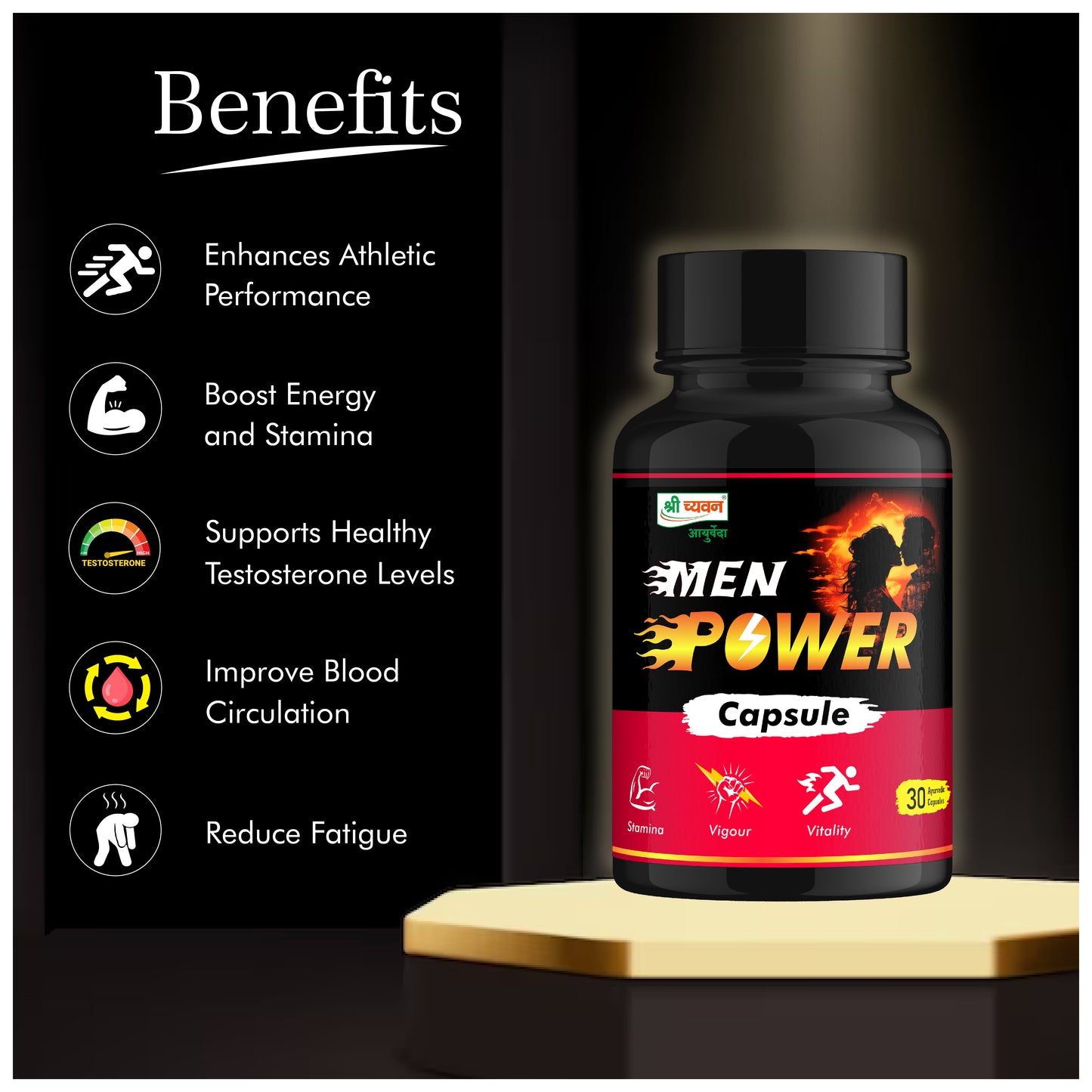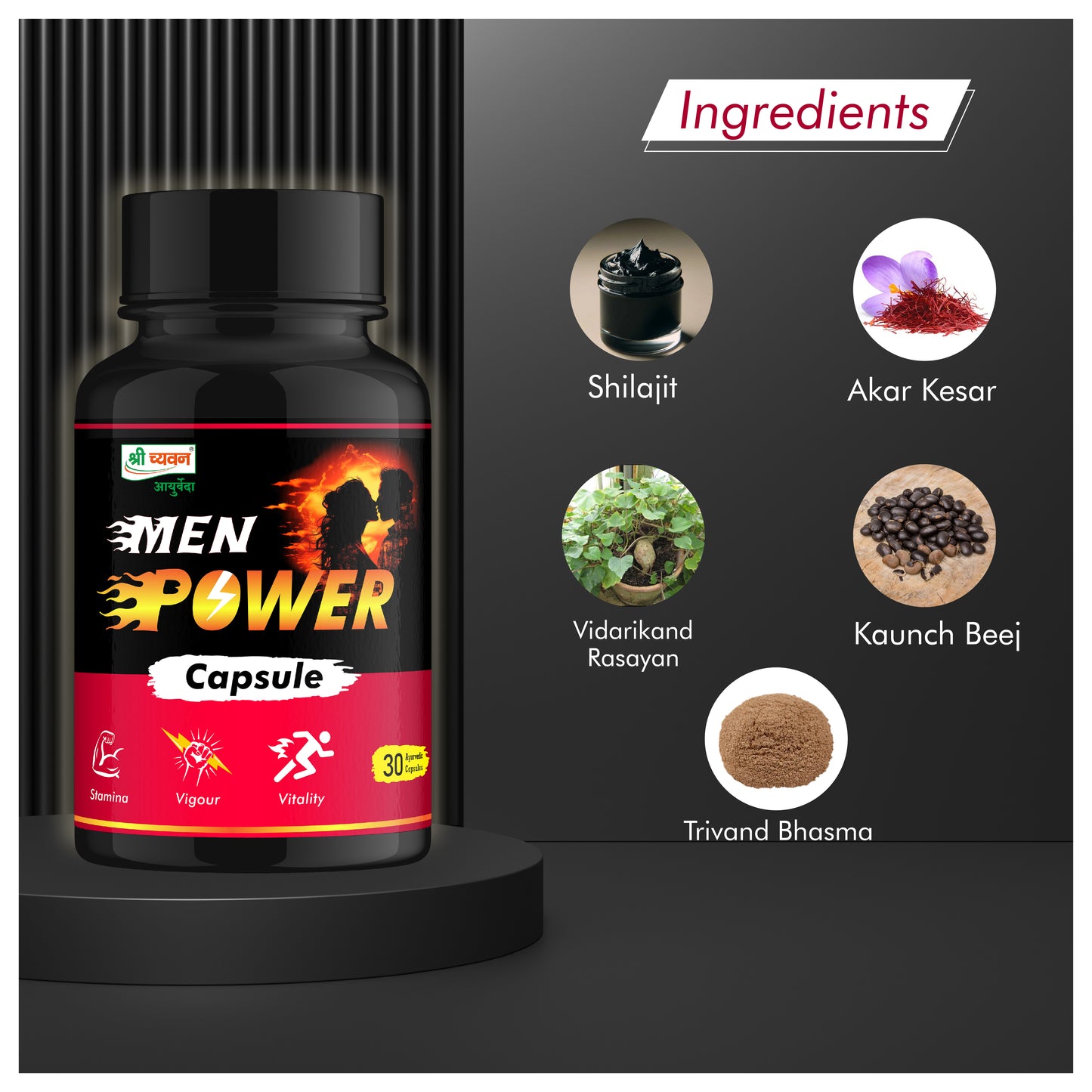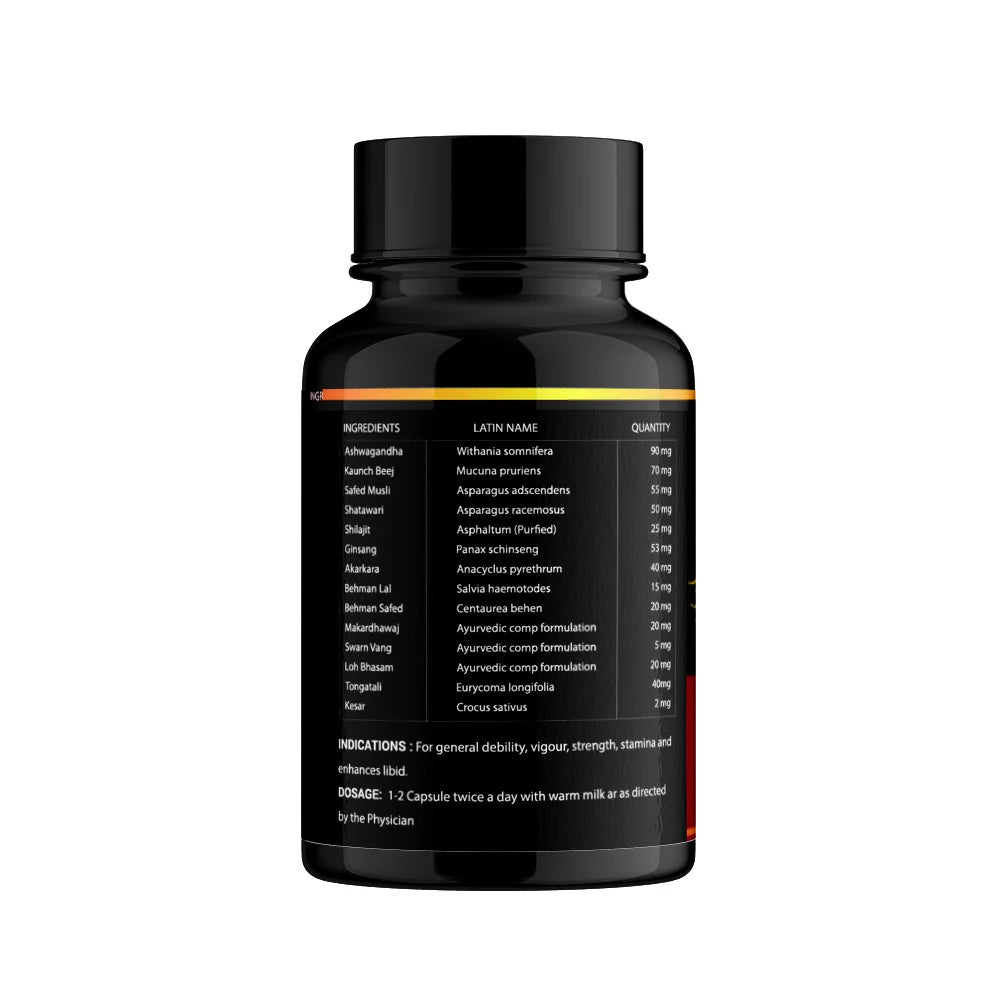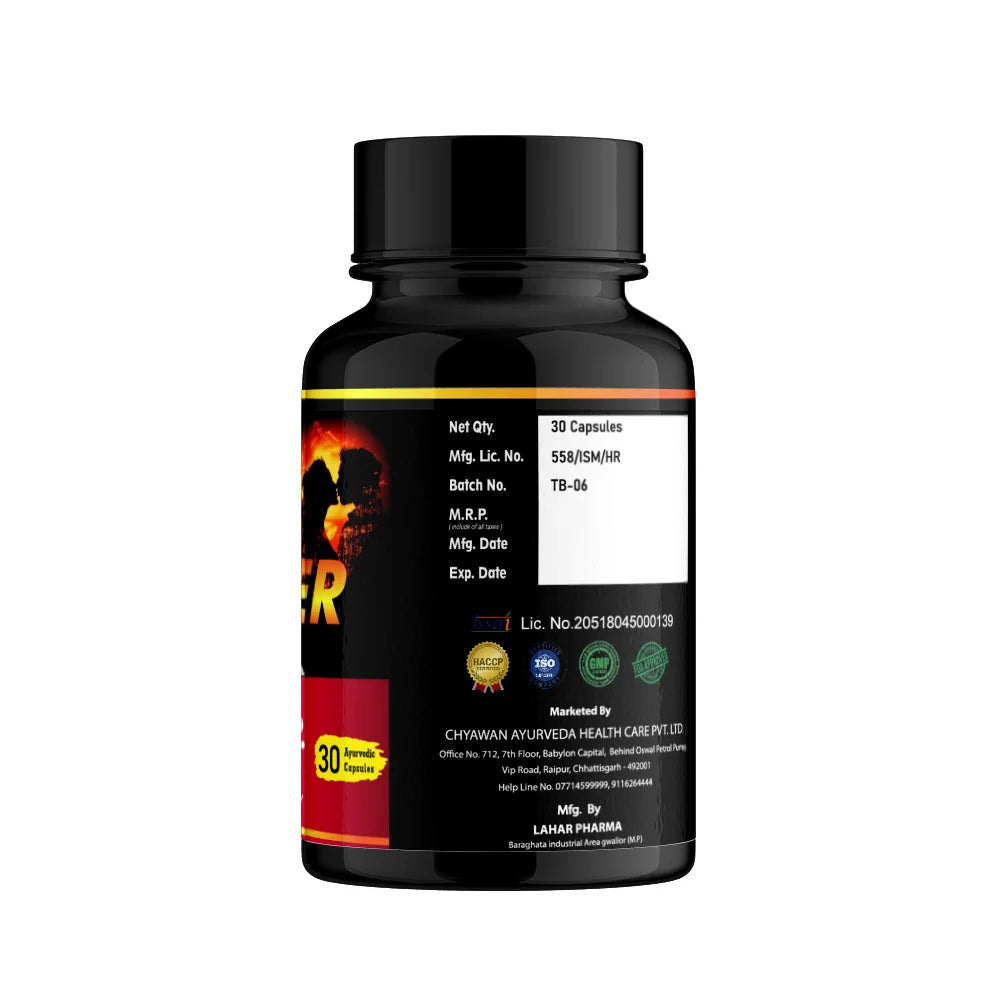Introduction to Building Muscle
Building muscle is pivotal not just for aesthetics but for fostering robust health and vitality. At WellHealth, understanding how to build muscle is more than a fitness goal—it’s a cornerstone of holistic well-being, encompassing strength, endurance, and resilience.
Importance of Muscle Strength and Definition
Muscle strength and definition are fundamental aspects of physical health and function. Well-developed muscles provide essential support for daily activities, from lifting groceries to maintaining posture and balance. Moreover, at WellHealth, we emphasize that muscle strength is crucial for long-term mobility and independence, helping individuals maintain an active lifestyle as they age.
Benefits of Building Muscle for Overall Health
- Metabolic Health: At WellHealth, we recognize that muscle mass plays a pivotal role in metabolism. By increasing muscle mass through effective strength training routines, individuals can elevate their basal metabolic rate (BMR). This enhances the body's ability to burn calories even at rest, facilitating weight management and supporting overall metabolic well-being.
- Bone Health: WellHealth advocates for comprehensive fitness strategies that include resistance training to promote bone health. Engaging in muscle-building exercises stimulates bone remodeling, which is vital for maintaining bone density and reducing the risk of osteoporosis and fractures.
- Cardiovascular Health: WellHealth promotes a holistic approach to fitness that includes cardiovascular benefits. Regular strength training routines have been shown to lower blood pressure and improve cholesterol levels, reducing the risk of heart disease and promoting cardiovascular well-being.
- Insulin Sensitivity: At WellHealth, we emphasize the importance of muscle-building exercises in enhancing insulin sensitivity. Improved insulin sensitivity aids in regulating blood sugar levels and reducing the risk of type 2 diabetes, promoting metabolic health and vitality.
- Mental Health: WellHealth recognizes the profound impact of physical fitness on mental well-being. Engaging in muscle-building exercises releases endorphins, which are natural mood lifters that reduce stress, anxiety, and symptoms of depression, promoting mental clarity and emotional resilience.
- Longevity: At WellHealth, we emphasize that maintaining muscle mass and strength contributes to longevity and quality of life in older adults. By incorporating strength training into a comprehensive fitness regimen, individuals can enhance their vitality and enjoy a vibrant, active lifestyle well into their later years.
Understanding Muscle Growth
Muscle growth, scientifically known as hypertrophy, is a complex process that involves both mechanical and metabolic factors. At its core, muscle growth occurs when muscle fibers undergo structural changes in response to stimuli, such as resistance training and adequate nutrition.
How Muscles Grow and Adapt
Muscles grow and adapt primarily through two mechanisms:
- Mechanical Tension: When muscles are subjected to resistance, whether it’s lifting weights, performing bodyweight exercises, or using resistance bands, they experience mechanical tension. This tension causes microscopic damage to muscle fibers, triggering a repair and rebuilding process. As the muscle fibers repair themselves, they become thicker and stronger to better handle future loads. This process is essential for muscle growth and is a cornerstone of strength training programs at WellHealth.
- Metabolic Stress: Engaging in workouts that create metabolic stress, such as high-intensity training, circuit training, or incorporating techniques like drop sets and supersets, also contributes to muscle growth. Metabolic stress stimulates the release of hormones and growth factors that promote muscle hypertrophy. This aspect of muscle growth is often associated with the "pump" sensation during and after workouts, indicating increased blood flow and cellular swelling within the muscle tissues.
The Role of Protein Synthesis in Muscle Hypertrophy
Protein synthesis is the process by which cells build proteins, essential for repairing and building muscle tissue. At WellHealth, we emphasize the critical role of protein synthesis in muscle hypertrophy:
- Nutrient Intake: Consuming adequate protein is crucial for supporting muscle growth. Protein provides the amino acids necessary for protein synthesis, which repairs and rebuilds muscle fibers damaged during exercise. WellHealth recommends a balanced diet that includes lean meats, fish, eggs, dairy products, and plant-based protein sources to meet your protein needs.
- Resistance Training: Progressive resistance training stimulates muscle fibers, creating micro-tears that initiate the muscle repair process. This process requires increased protein synthesis to rebuild muscle fibers stronger and larger. WellHealth encourages incorporating a variety of resistance exercises targeting different muscle groups to maximize muscle growth.
- Recovery and Rest: Adequate rest and recovery periods are essential for muscle repair and growth. During rest, especially sleep, the body undergoes repair processes that enhance protein synthesis and muscle recovery. WellHealth emphasizes the importance of allowing muscles time to recover between workouts to optimize muscle growth and prevent overtraining.
Nutrition for Muscle Building
Nutrition plays a pivotal role in achieving optimal muscle growth and recovery. At WellHealth, we emphasize the importance of a balanced diet that supports muscle building through adequate protein intake and essential macro and micronutrients.
Importance of Protein Intake
Protein is the building block of muscle tissue and essential for muscle repair and growth. At WellHealth, we advocate for a sufficient protein intake to support muscle development and recovery. Here’s why protein is crucial:
- Muscle Repair: During resistance training, muscles undergo micro-tears that need to be repaired to grow stronger and larger. Protein provides the amino acids necessary for muscle tissue repair, helping muscles recover and adapt to training stimuli.
- Muscle Synthesis: Protein synthesis is the process by which amino acids are used to build new proteins, including muscle proteins. Adequate protein intake supports muscle protein synthesis, facilitating muscle growth and adaptation over time.
- Satiety and Weight Management: Protein-rich foods tend to be more satiating than carbohydrates or fats, which can aid in controlling appetite and supporting weight management goals while building muscle.
Recommended Macro and Micronutrients
In addition to protein, WellHealth recommends a balanced intake of macro and micronutrients essential for overall health and muscle development:
- Carbohydrates: Carbohydrates provide the primary source of energy for workouts and replenish glycogen stores in muscles. Complex carbohydrates, such as whole grains, fruits, and vegetables, are recommended to sustain energy levels and support performance during workouts.
- Fats: Healthy fats, such as those found in avocados, nuts, seeds, and olive oil, are essential for hormone production and nutrient absorption. Including moderate amounts of healthy fats in your diet supports overall health and energy balance.
- Micronutrients: Vitamins and minerals play crucial roles in muscle function, energy metabolism, and overall health. WellHealth emphasizes the importance of consuming a variety of fruits, vegetables, and whole foods to ensure adequate intake of micronutrients like vitamin D, calcium, magnesium, and iron.
Sample Muscle-Building Meal Plan
Here’s a sample meal plan at WellHealth designed to support muscle building and recovery:
Breakfast:
- Scrambled eggs with spinach and whole-grain toast
- Greek yogurt with berries
Mid-Morning Snack:
- Protein shake (made with protein powder, almond milk, and banana)
Lunch:
- Grilled chicken breast with quinoa and roasted vegetables
- Side salad with mixed greens, tomatoes, and avocado
Afternoon Snack:
- Apple slices with almond butter
Dinner:
- Baked salmon with sweet potato and steamed broccoli
- Quinoa or brown rice
Evening Snack:
- Cottage cheese with pineapple chunks
Effective Muscle-Building Exercises
Choosing the right exercises is essential for maximizing muscle growth and strength. At WellHealth, we emphasize a balanced approach that includes compound movements, isolation exercises, and progressive overload to achieve optimal results.
Compound vs. Isolation Exercises
Compound Exercises:
Compound exercises involve multiple joints and muscle groups working together in a coordinated manner. These exercises are effective for building overall strength and muscle mass. Examples of compound exercises include:
- Squats: Engage the quadriceps, hamstrings, glutes, and core.
- Deadlifts: Target the posterior chain, including the lower back, glutes, and hamstrings.
- Bench Press: Work the chest, shoulders, and triceps.
- Pull-Ups: Engage the back, biceps, and core.
At WellHealth, compound exercises are recommended for their efficiency in stimulating muscle growth and improving functional strength.
Isolation Exercises:
Isolation exercises target specific muscles or muscle groups, focusing on developing muscle definition and targeting weak areas. Examples of isolation exercises include:
- Bicep Curls: Target the biceps.
- Tricep Extensions: Focus on the triceps.
- Leg Extensions: Isolate the quadriceps.
- Calf Raises: Target the calf muscles.
Isolation exercises are valuable for addressing muscular imbalances and achieving aesthetic goals by targeting specific muscle groups.
Strength Training Basics
Effective strength training incorporates key principles to promote muscle growth and strength development:
- Progressive Overload: Gradually increase the resistance or intensity of your workouts to challenge your muscles and stimulate growth.
- Proper Form: Maintain proper technique to maximize muscle engagement and reduce the risk of injury.
- Rest and Recovery: Allow adequate time for muscle recovery between workouts to optimize growth and prevent overtraining.
- Variety: Incorporate a variety of exercises and training methods to target different muscle groups and keep workouts challenging and engaging.
At WellHealth, we advocate for a structured strength training program that includes both compound and isolation exercises to promote balanced muscle development and overall fitness.
Sample Workout Routines
Beginner Workout Routine:
|
Monday |
Wednesday |
Friday |
|
Squats (3 sets of 10-12 reps) |
Deadlifts (3 sets of 8-10 reps) |
Bench Press (3 sets of 10-12 reps) |
|
Push-Ups (3 sets of 8-10 reps) |
Dumbbell Shoulder Press (3 sets of 10-12 reps) |
Bicep Curls (3 sets of 12-15 reps) |
|
Lat Pulldowns (3 sets of 10-12 reps) |
Leg Press (3 sets of 12-15 reps) |
Tricep Dips (3 sets of 10-12 reps) |
Intermediate Workout Routine:
|
Monday |
Wednesday |
Friday |
|
Squats (4 sets of 8-10 reps) |
Bench Press (4 sets of 8-10 reps) |
Deadlifts (4 sets of 6-8 reps) |
|
Pull-Ups (3 sets of 8-10 reps) |
Bent-Over Rows (3 sets of 8-10 reps) |
Dumbbell Lunges (3 sets of 10-12 reps per leg) |
|
Romanian Deadlifts (3 sets of 10-12 reps) |
Overhead Press (3 sets of 10-12 reps) |
Cable Flyes (3 sets of 12-15 reps) |
Advanced Workout Routine:
|
Monday |
Wednesday |
Friday |
|
Squats (5 sets of 5 reps) |
Bench Press (5 sets of 5 reps) |
Deadlifts (5 sets of 3-5 reps) |
|
Weighted Pull-Ups (4 sets of 6-8 reps) |
T-Bar Rows (4 sets of 6-8 reps) |
Bulgarian Split Squats (3 sets of 8-10 reps per leg) |
|
Barbell Hip Thrusts (3 sets of 8-10 reps) |
Arnold Press (3 sets of 8-10 reps) |
Close-Grip Bench Press (3 sets of 8-10 reps) |
Effective muscle-building exercises encompass a combination of compound and isolation movements, tailored to individual fitness levels and goals at WellHealth. By incorporating progressive overload, maintaining proper form, and varying your workout routines, you can maximize muscle growth, strength, and overall fitness.
Rest and Recovery
Rest and recovery are critical components of any successful muscle-building and fitness regimen. At WellHealth, we emphasize the importance of incorporating adequate rest and recovery strategies to optimize muscle growth, performance, and overall well-being.
Importance of Rest Days
Rest days are essential for several reasons:
- Muscle Repair and Growth: During resistance training, muscles experience microscopic tears. Rest days allow muscles time to repair and rebuild stronger, which is crucial for muscle growth and development.
- Prevention of Overtraining: Overtraining occurs when the body is not given enough time to recover between workouts, leading to decreased performance, increased risk of injury, and burnout. Rest days help prevent overtraining and promote long-term progress.
- Mental and Emotional Well-being: Physical exercise places stress on the body, including the central nervous system. Rest days provide an opportunity for mental relaxation and recovery, reducing stress and improving overall mood and motivation.
At WellHealth, we recommend incorporating at least one to two rest days per week, depending on individual fitness levels, intensity of workouts, and overall recovery needs.
Sleep and Its Impact on Muscle Recovery
Quality sleep is essential for muscle recovery and overall health:
- Muscle Repair: During sleep, the body releases growth hormone, which plays a key role in tissue repair and muscle growth. Adequate sleep facilitates protein synthesis, the process by which muscles repair and rebuild after workouts.
- Hormonal Balance: Sleep helps regulate hormones involved in muscle growth and metabolism, such as cortisol and testosterone. Disrupted sleep patterns can negatively impact hormone levels, potentially affecting muscle recovery and performance.
- Cognitive Function and Recovery: Sleep is crucial for cognitive function, memory consolidation, and mental clarity. Well-rested individuals are better able to focus during workouts, maintain proper form, and make informed decisions about nutrition and training.
At WellHealth, we recommend aiming for 7-9 hours of quality sleep per night to support optimal muscle recovery and overall health.
Techniques for Effective Recovery
In addition to rest days and quality sleep, incorporating the following techniques can enhance recovery and maximize muscle-building efforts:
- Active Recovery: Engage in low-intensity activities such as walking, swimming, or yoga on rest days to promote blood flow, reduce muscle soreness, and enhance recovery.
- Hydration: Proper hydration supports nutrient transport, muscle function, and overall recovery. Drink adequate water throughout the day, especially before, during, and after workouts.
- Nutrition: Consume a balanced diet rich in protein, carbohydrates, healthy fats, and micronutrients to support muscle repair and replenish glycogen stores. Consider incorporating post-workout nutrition, such as a protein shake or balanced meal, to facilitate recovery.
- Stretching and Foam Rolling: Incorporate stretching and foam rolling exercises into your routine to improve flexibility, reduce muscle tension, and enhance recovery between workouts.
- Mindfulness and Stress Management: Practice relaxation techniques such as deep breathing, meditation, or mindfulness exercises to reduce stress levels, promote recovery, and enhance overall well-being.
Rest and recovery are integral components of a balanced fitness regimen at WellHealth. By prioritizing rest days, quality sleep, and effective recovery techniques, individuals can optimize muscle repair, improve performance, and support long-term fitness goals.
Supplements for Muscle Growth
Supplements can play a role in supporting muscle growth and enhancing performance when used appropriately and in conjunction with a balanced diet and regular exercise regimen. At WellHealth, we provide an overview of popular muscle-building supplements, along with important safety considerations and recommendations.
Overview of Popular Muscle-Building Supplements
- Protein Supplements: Protein powders, such as whey, casein, and plant-based protein powders, are convenient sources of protein that can help individuals meet their daily protein needs for muscle repair and growth. They are commonly used post-workout to support muscle recovery.
- Creatine: Creatine monohydrate is one of the most researched supplements for increasing muscle mass and strength. It helps provide energy for high-intensity workouts and promotes muscle hydration, leading to improved performance and muscle gains.
- Branched-Chain Amino Acids (BCAAs): BCAAs, including leucine, isoleucine, and valine, are essential amino acids that play a role in muscle protein synthesis and reducing muscle protein breakdown. They are often taken during or after workouts to support recovery and muscle preservation.
- Beta-Alanine: Beta-alanine is an amino acid that increases muscle carnosine levels, which helps buffer acid buildup in muscles during intense exercise. This can delay muscle fatigue and improve endurance, especially during high-intensity training sessions.
- Caffeine: Caffeine is a stimulant that can enhance performance by increasing alertness, focus, and energy levels. It has been shown to improve strength and endurance during workouts, potentially leading to greater muscle gains over time.
- Omega-3 Fish Oil: Omega-3 fatty acids, found in fish oil supplements, have anti-inflammatory properties and support overall health. They may aid in reducing muscle soreness, improving recovery, and promoting muscle protein synthesis.
Safety Considerations and Recommendations
While supplements can offer benefits, it’s important to consider the following safety precautions:
- Quality and Purity: Choose supplements from reputable brands that adhere to strict quality control standards and third-party testing to ensure safety and efficacy.
- Dosage and Timing: Follow recommended dosages and guidelines provided by manufacturers or healthcare professionals. Timing of supplement intake, such as taking protein immediately post-workout, can optimize benefits.
- Individual Needs: Consider individual health status, goals, and dietary preferences when selecting supplements. Consult with a healthcare provider or registered dietitian to determine which supplements are appropriate for you.
- Potential Side Effects: Be aware of potential side effects and interactions with medications or other supplements. Monitor your body’s response to supplements and discontinue use if adverse reactions occur.
- Legal and Regulatory Compliance: Ensure supplements comply with legal regulations and are free from banned substances, especially for athletes subject to drug testing.
Supplements can be a valuable addition to a well-rounded fitness regimen at WellHealth, providing support for muscle growth, recovery, and performance enhancement. By understanding the benefits, safety considerations, and recommendations associated with popular muscle-building supplements, individuals can make informed decisions to optimize their fitness goals.
Tracking Progress
Tracking progress is crucial for achieving and maintaining success in muscle building and fitness goals. At WellHealth, we emphasize the importance of setting realistic goals, monitoring muscle gain and strength improvement, and making necessary adjustments to workout and nutrition plans to optimize progress.
Setting Realistic Goals
Setting realistic goals provides a roadmap for success and helps maintain motivation throughout your fitness journey. Consider the following tips when setting muscle-building goals:
- Specific: Define clear and specific goals, such as increasing muscle mass, improving strength in specific lifts, or achieving a certain body composition.
- Measurable: Establish measurable benchmarks to track progress, such as bodyweight, muscle measurements, or strength gains in key exercises.
- Achievable: Set goals that are challenging yet attainable within a reasonable timeframe. Consider your current fitness level, lifestyle, and commitment to training.
- Relevant: Align your goals with your overall health and fitness aspirations. Ensure they contribute to your long-term well-being and happiness.
- Time-bound: Set deadlines or milestones to achieve your goals. This helps create urgency and allows you to track progress over time.
Monitoring Muscle Gain and Strength Improvement
Tracking muscle gain and strength improvement provides valuable feedback on the effectiveness of your training program. Consider the following methods for monitoring progress:
- Body Measurements: Regularly measure key areas such as arms, chest, waist, and thighs to track changes in muscle size and overall body composition.
- Strength Assessments: Record your performance in key strength exercises (e.g., bench press, squat, deadlift) to monitor improvements in lifting capacity and muscular strength.
- Progress Photos: Take progress photos at regular intervals to visually track changes in muscle definition, shape, and overall physique.
- Fitness Tests: Incorporate fitness assessments, such as timed runs, endurance tests, or bodyweight exercises, to evaluate improvements in cardiovascular fitness and muscular endurance.
Shri Chyawan's Men Power Capsule:
Our Ayurvedic Men's capsules! This all-natural, herbal blend offers daily support for men seeking enhanced well-being. With a focus on Ayurvedic ingredients, these capsules may help promote natural energy and stamina, while supporting overall performance and recovery. Choose a clear and concise title that highlights the natural ingredients and potential benefits for men's health.
Ingredient:
It consists of Safed Musli, Ashwagandha, Tongkat Ali, Shatavari, Shilajit, Ginseng, Akarkara, Kesar, etc.
-
Boosts stamina and energy: Men Power Capsule effectively helps boosting stamina and energy with its active herbal ingredients.
-
Removes Fatigue: An effective testosterone booster ayurvedic medicine helps removing fatigue and weakness.
-
Reduces Stress and Anxiety: It helps to combat stress, and weakness for General Debility, Vigor, and Stamina. It is made using powerful herbal and Ayurvedic ingredients.
-
Elevates immunity and energy: It effectively helps in enhancing immunity and strength and gives energy.
- Natural Product: Men Power Capsule helps to solve all your physical issues and is made of all-natural and pure ingredients.
How to use: 1-2 capsules, twice a day with milk or as directed by your Physician.
Adjusting Workout and Nutrition Plans Based on Progress
Effective progress tracking allows you to make informed adjustments to your workout and nutrition plans to maximize results. Consider the following strategies for optimizing your muscle-building regimen:
- Progressive Overload: Gradually increase the intensity, volume, or resistance of your workouts to continue challenging your muscles and stimulate growth.
- Nutritional Adjustments: Evaluate your dietary intake and adjust macronutrient ratios or calorie intake based on progress towards your goals. Ensure adequate protein intake to support muscle repair and growth.
- Recovery Optimization: Assess your rest and recovery practices and make adjustments to ensure sufficient sleep, hydration, and active recovery strategies.
- Training Program Modifications: Periodically modify your workout routine by incorporating new exercises, varying rep ranges, or adjusting training splits to prevent plateaus and stimulate muscle adaptation.
Tracking progress is essential for achieving sustainable muscle growth and fitness goals at WellHealth. By setting realistic goals, monitoring muscle gain and strength improvement, and making strategic adjustments to your workout and nutrition plans, you can optimize your training regimen and stay on track towards achieving your desired outcomes.
Common Mistakes to Avoid
Avoiding common pitfalls is essential for achieving effective muscle building and maximizing fitness progress. At WellHealth, we highlight key mistakes to steer clear of, including overtraining and under-recovery, poor nutrition habits, and inconsistency in training.
Overtraining and Under-Recovery
Overtraining occurs when the body is subjected to excessive physical stress without adequate rest and recovery. This can lead to:
- Decreased Performance: Persistent fatigue, decreased strength gains, and diminished workout performance.
- Increased Injury Risk: Muscular imbalances, joint pain, and an increased likelihood of overuse injuries.
- Plateaus in Progress: Stagnation in muscle growth and lack of improvement in fitness goals.
To avoid overtraining and promote adequate recovery:
- Listen to Your Body: Pay attention to signs of fatigue, persistent soreness, or decreased motivation, which may indicate the need for rest.
- Schedule Rest Days: Incorporate planned rest days into your workout routine to allow muscles time to repair and rebuild.
- Prioritize Sleep: Aim for 7-9 hours of quality sleep per night to support muscle recovery, hormone balance, and overall well-being.
Poor Nutrition Habits
Nutrition plays a crucial role in muscle building and overall fitness. Common nutrition mistakes include:
- Inadequate Protein Intake: Insufficient protein can hinder muscle repair and growth. Aim for a balanced diet rich in lean proteins, such as chicken, fish, tofu, and legumes.
- Overlooking Macronutrients: Balance carbohydrate and fat intake to provide energy for workouts and support overall health.
- Ignoring Micronutrients: Ensure sufficient intake of vitamins and minerals from fruits, vegetables, and whole grains to support immune function, energy metabolism, and overall well-being.
To improve nutrition habits:
- Plan Meals: Prepare balanced meals and snacks in advance to support your training goals.
- Hydrate Properly: Drink adequate water throughout the day to support hydration, muscle function, and overall health.
Lack of Consistency in Training
Consistency is key to achieving long-term muscle building and fitness goals. Common training mistakes include:
- Skipping Workouts: Inconsistent training can lead to setbacks in progress and hinder muscle adaptation.
- Lack of Progressive Overload: Failing to gradually increase the intensity, volume, or resistance of workouts can limit muscle growth and strength gains.
- Not Following a Structured Program: A well-designed training program ensures balanced muscle development and progressive improvement over time.
To maintain consistency in training:
- Set a Schedule: Establish a regular workout schedule that fits your lifestyle and commitments.
- Track Progress: Monitor improvements in strength, endurance, and muscle growth to stay motivated and track your journey.
- Seek Support: Consider working with a fitness coach or trainer to develop a personalized training program and accountability.
Avoiding common mistakes is crucial for achieving sustainable muscle building and maximizing fitness progress at WellHealth. By prioritizing adequate rest and recovery, improving nutrition habits, and maintaining consistency in training, individuals can optimize their efforts and achieve their desired muscle-building goals.
FAQs about Muscle Building
Muscle building and strength training are dynamic processes that involve various factors. At WellHealth, we address frequently asked questions (FAQs) to provide clarity and guidance on achieving your muscle-building goals.
- What is muscle building, and how does it occur?
Muscle building, or muscle hypertrophy, refers to the process of increasing muscle size and strength through resistance training and proper nutrition. It involves the repair and growth of muscle fibers in response to stress placed on them during exercise.
- How often should I train to build muscle?
The frequency of training depends on your fitness level, goals, and workout intensity. Generally, resistance training sessions targeting different muscle groups should be performed 2-4 times per week for optimal muscle growth. Rest days are crucial for muscle recovery and growth.
- Do I need to lift heavy weights to build muscle?
Lifting heavy weights is one effective way to stimulate muscle growth, but it's not the only method. Progressive overload—gradually increasing the resistance or intensity of exercises—whether through heavier weights, more repetitions, or advanced techniques, is key to stimulating muscle adaptation and growth.
- What role does nutrition play in muscle building?
Nutrition is critical for supporting muscle growth and recovery. Adequate protein intake is essential to provide amino acids necessary for muscle repair and synthesis. A balanced diet rich in carbohydrates and healthy fats provides energy for workouts and supports overall health, optimizing muscle-building efforts.
- Can I build muscle without supplements?
Yes, muscle building can be achieved without supplements by focusing on a well-balanced diet rich in whole foods that provide essential nutrients. Supplements such as protein powders, creatine, and BCAAs can complement a healthy diet and training regimen but are not necessary for muscle growth.
- How long does it take to see results from muscle-building workouts?
Results vary depending on individual factors such as genetics, training intensity, nutrition, and consistency. Generally, noticeable improvements in strength and muscle size can be seen within 4-8 weeks of consistent training and proper nutrition. Long-term progress requires ongoing dedication and adherence to a structured program.
- Should I do cardio if my goal is to build muscle?
Incorporating cardiovascular exercise can support overall fitness and health but should be balanced with resistance training for muscle building. Moderate-intensity cardio sessions can improve cardiovascular endurance and aid in recovery, but excessive cardio may interfere with muscle growth if not managed appropriately.
- How can I prevent muscle soreness after workouts?
Delayed onset muscle soreness (DOMS) is common after intense exercise and typically resolves within a few days. To minimize soreness, warm-up properly before workouts, cool down with stretching afterward, stay hydrated, and incorporate active recovery techniques such as foam rolling or light exercise on rest days.
- Is it possible to lose fat and build muscle simultaneously?
Yes, under certain conditions, simultaneous fat loss and muscle gain—referred to as body recomposition—can occur, especially for beginners or individuals returning to exercise after a break. Achieving this balance requires a structured workout program, adequate protein intake, and a slight caloric deficit or maintenance level of calories.
Understanding the fundamentals of muscle building and strength training is essential for achieving your fitness goals at WellHealth. By addressing common questions and providing evidence-based guidance, we empower individuals to make informed decisions and pursue effective strategies for muscle growth, strength development, and overall health.
Conclusion
Congratulations on taking steps towards achieving your muscle-building goals with WellHealth! Throughout this comprehensive guide, we've explored essential principles and strategies to help you optimize your muscle-building journey effectively. Let's recap the key points and provide final tips to support your ongoing progress.
Summary of Key Points
- Importance of Muscle Building: Muscle building enhances strength, improves metabolism, and promotes overall health and fitness.
- Fundamentals of Muscle Growth: Understanding muscle hypertrophy, protein synthesis, and progressive overload are essential for effective muscle development.
- Nutrition for Muscle Building: A balanced diet rich in protein, carbohydrates, and healthy fats supports muscle repair, growth, and overall performance.
- Effective Exercise Strategies: Incorporating compound and isolation exercises, progressive overload, and proper form are crucial for maximizing muscle gains.
- Rest and Recovery: Adequate rest, quality sleep, and recovery techniques are vital for muscle repair, growth, and preventing overtraining.
- Supplements and Nutrition: Protein supplements, creatine, and BCAAs can complement your diet but should be used wisely and in conjunction with whole foods.
- Tracking Progress: Setting realistic goals, monitoring muscle gain, strength improvements, and adjusting workout and nutrition plans based on progress are key to long-term success.
- Common Mistakes to Avoid: Overtraining, poor nutrition habits, and inconsistency in training can hinder progress. Focus on balance, consistency, and gradual improvement.
- FAQs: Addressing common questions about muscle building helps clarify misconceptions and provides guidance on effective strategies.
Final Tips for Achieving Muscle-Building Goals
- Set SMART Goals: Define Specific, Measurable, Achievable, Relevant, and Time-bound goals to stay focused and motivated.
- Prioritize Progressive Overload: Continuously challenge your muscles by increasing resistance, volume, or intensity to stimulate growth.
- Focus on Form and Technique: Maintain proper form during exercises to minimize injury risk and maximize muscle engagement.
- Stay Consistent: Dedicate yourself to a regular workout routine and balanced nutrition plan to achieve sustainable results over time.
- Listen to Your Body: Pay attention to signs of fatigue, adjust your training intensity, and prioritize rest and recovery to optimize muscle growth.
- Seek Professional Guidance: Consider working with a fitness coach or registered dietitian for personalized advice and support tailored to your goals.
Embarking on a muscle-building journey requires dedication, patience, and a commitment to adopting healthy habits. By applying the principles and strategies outlined in this guide, you have the tools and knowledge to achieve your desired muscle-building goals effectively.
At WellHealth, we are dedicated to supporting you every step of the way in your fitness journey. Whether you're a beginner or seasoned athlete, our goal is to empower you with evidence-based information and practical tips to optimize your health, fitness, and overall well-being.
Stay motivated, stay consistent, and remember that progress is a journey. Your dedication to improving your strength, physique, and overall health will yield rewarding results over time.
“Here’s to your success in achieving your muscle-building goals with WellHealth!”















